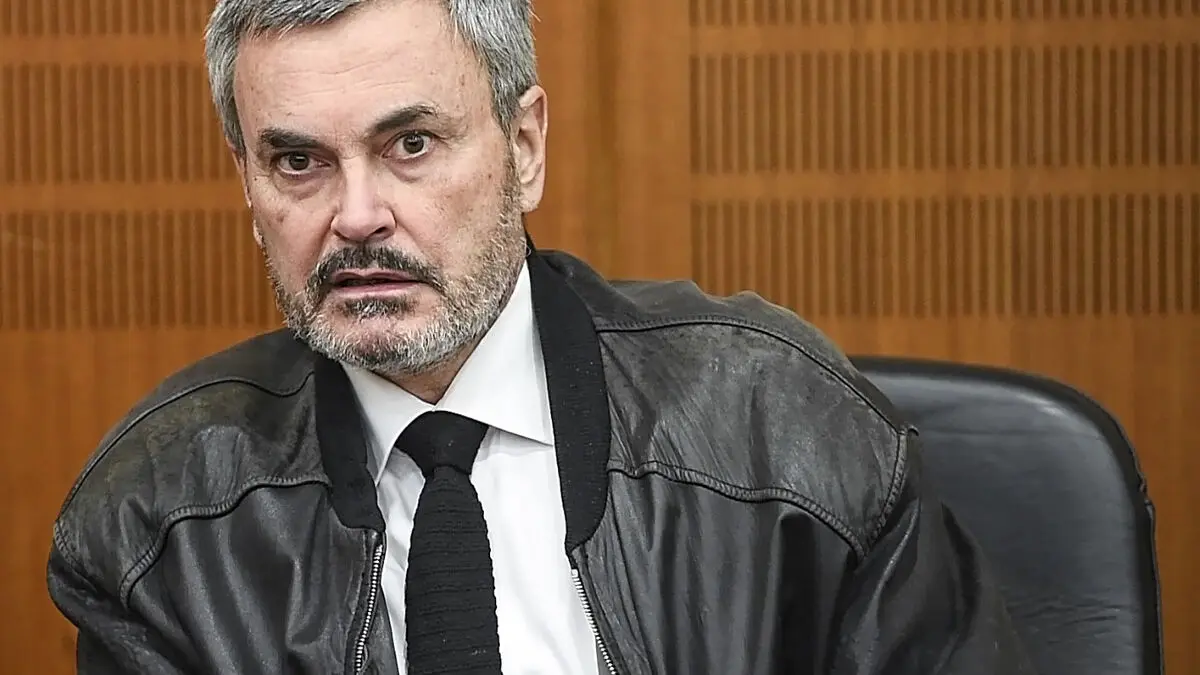Ausonius, who has been incarcerated for 33 years, had appealed the Swedish Prison and Probation Service's decision not to grant unsupervised leave from the prison in Karlskoga where he is serving his sentence. The Administrative Court in Karlstad has now rejected that appeal.
In 2016, John Ausonius was granted permission for an unsupervised leave, but in February 2018 he was convicted in a German court for the murder of a woman in Frankfurt in February 1992. Since then, he has not been granted unsupervised leave.
The German verdict is still taken into account in the administrative court's decision, even though the crime stems from the same period as his other violent crime.
"The additional crime is a circumstance that must be weighed in the overall risk assessment when considering special conditions," the court writes.
It is also highlighted that Ausonius has been caught twice this year attempting to smuggle drugs in connection with leave and has received warnings for this. According to the latest statement from the Swedish Board of Forensic Medicine, the risk of recidivism in serious crime is assessed to be "medium high with a tendency towards low".
"In an overall assessment, the Administrative Court, like the Swedish Prison and Probation Service, believes that the risks identified in relation to leave on one's own initiative remain," the court writes.
John Ausonius is sentenced to life imprisonment in Sweden for one murder, nine attempted murders and eight robberies, for a long series of shootings in the Stockholm area and Uppsala between August 1991 and January 1992.
What his victims had in common was that they had dark hair or dark skin, which meant that many lived in fear of being shot.
The assassination led to a massive manhunt for the perpetrator. The police effort has been compared to that after the assassination of Prime Minister Olof Palme.
In the summer of 1992, John Ausonius was arrested in connection with robbing a bank.
The name Laserman comes from the fact that John Ausonius initially used a rifle with a laser sight.
In February 2018, Ausonius was also sentenced to life imprisonment for the murder of a 68-year-old woman in Frankfurt, Germany, in 1992.






